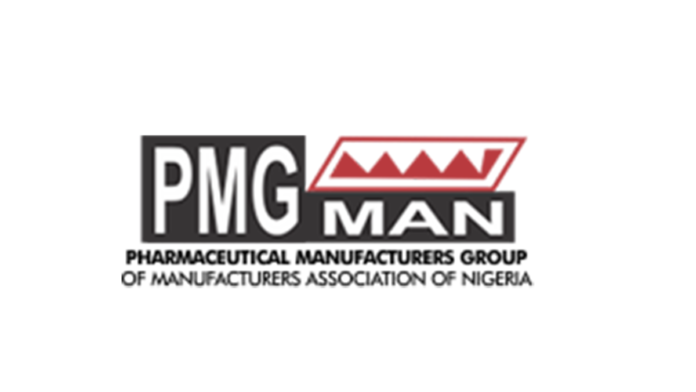The Pharmaceutical Manufacturers Group of the Manufacturers Association of Nigeria (PMG-MAN) on Sunday decried the scarcity of foreign exchange in the country, stating it has adversely affected the local pharmaceutical industry and driven some multinational companies to exit Nigeria.
The group raised these concerns at a news conference in Lagos, ahead of the 7th Edition of the Nigeria Pharma Manufacturers Expo (NPME) scheduled for September 4-5.
Notable multinational pharmaceutical companies, including GlaxoSmithKline (GSK) and Sanofi Nigeria Ltd., have left the country in the past year. GSK ceased operations in Nigeria in August 2023 after 51 years, and Sanofi exited in November.
Mr. Patrick Ajah, Chairman of the Local Organising Committee (LOC) for NPME 2024 and Managing Director of May & Baker, emphasized the need for a stable exchange rate for the domestic pharmaceutical industry to thrive.
“Many companies are on standby for the implementation of the recently announced Executive Order,” Ajah said. On June 29, President Bola Tinubu signed an Executive Order removing tariffs and Value-Added Tax (VAT) on pharmaceutical imports, introducing zero tariffs, excise duties, and VAT on specialised machinery, equipment, and pharmaceutical raw materials to boost local production of essential healthcare products. However, the order has yet to take effect.
Ajah stated, “Unless the value of the Naira is stabilized, achieving the country’s target of 70 percent in local drug manufacturing will remain a mirage. Recent fluctuations in the Naira’s value have made it difficult for companies to plan and invest, driving multinationals away.”
He highlighted the challenges posed by the exchange rate, noting, “If we didn’t tamper with the currency, all the multinational companies would be here, making more investments. Companies brought money at an exchange rate of N316, and now they’re remitting at N1,500 and can’t even find the dollar. Fixing our exchange rate is crucial for resetting the industry.”
Ajah called for increased government support for the local pharmaceutical industry, citing India as an example of how government intervention can bolster domestic production. “India supported its pharmaceutical industry, and today, it is a notable player in drug manufacturing,” he said.
Mr. Frank Muonemeh, Executive Secretary of PMG-MAN, noted that local pharma manufacturers currently produce 40 percent of the medicines used in Nigeria. He urged for partnerships between the government and local companies similar to those in the cement and petroleum industries, asserting that a strong domestic pharmaceutical industry would enhance national security.
“During the COVID-19 pandemic, India prioritized its domestic industry. Nigeria should take a similar approach,” Muonemeh advised.
On the upcoming NPME, Muonemeh announced that the theme for 2024 is “40 Years of Advocacy: Fostering Partnership and Innovation to Unlock the Pharma Manufacturing Value Chain in Nigeria, Central & West Africa.” He stated that the expo aims to drive Nigeria toward self-sufficiency and medicine security, reducing dependency on imported medicine.
“Beyond improving medicine access, PMG-MAN members contribute significantly to national development by providing jobs, paying taxes, and more,” Muonemeh added. The NPME 2024, the largest pharmaceutical manufacturing exhibition in Central and West Africa, is organized by PMG-MAN and partners, GPE India.
The event will feature the latest pharma technology, machinery, equipment, Active Pharmaceutical Ingredients (APIs), and locally manufactured medicines. It offers a unique opportunity for networking and business-to-business engagement among stakeholders, including regulators, policymakers, professionals, and ancillary companies.
Participants are encouraged to visit the PMG-MAN website for registration.



